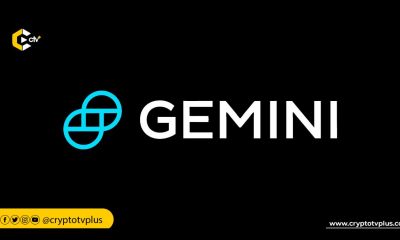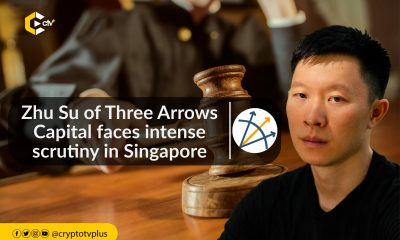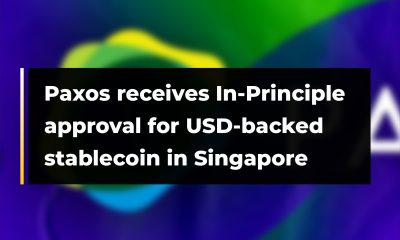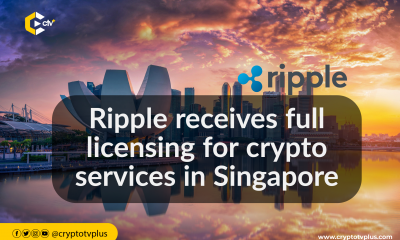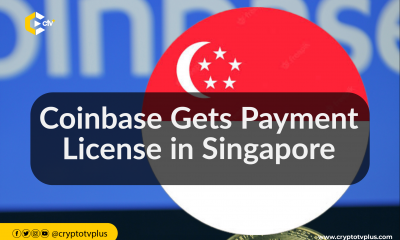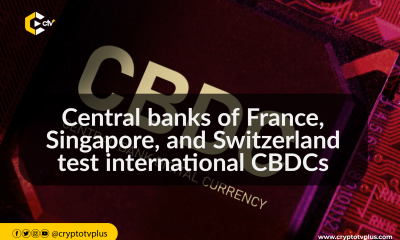News
Singapore expands Payment Services Act for token custody and transfers
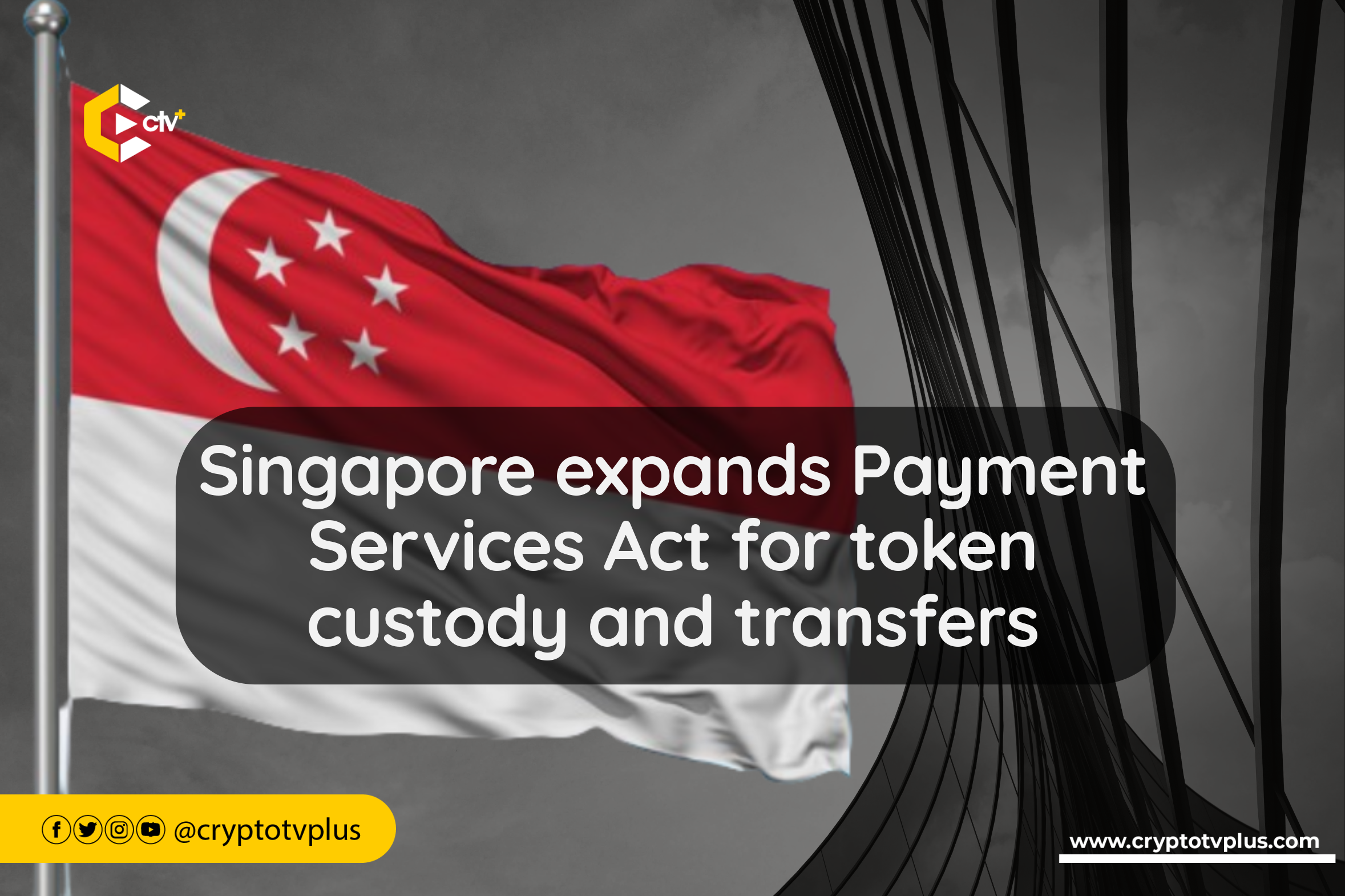
Singapore has updated the Payment Services Act to include regulations on token custody and transfers. The revised Act is being rolled out in phases to assist businesses in adapting to the new regulatory framework. The first phase took effect on April 4, with additional stages of implementation to follow.
The Monetary Authority of Singapore (MAS) declared its intention to enforce changes to the Payment Services Act (PS Act) in Singapore, broadening the range of regulated services applicable to providers of digital payment tokens (DPT).
On April 2, Singapore’s central bank, the Monetary Authority of Singapore (MAS), unveiled its intention to broaden the scope of its Payment Services Act (PS Act) to include several critical activities related to digital payment tokens (DPT). This revised regulatory framework encompassed custodial services for DPTs, token transfers, and exchange facilitation, as well as the facilitation of cross-border money transfers utilizing DPTs.
Singapore’s central bank also made it clear that the expanded scope of the PS Act also covered cases where the service provider did not take custody of the funds, or where the money involved was neither accepted nor received in Singapore.
Building on the expanded scope of the PS Act, the MAS announced its intention to impose additional requirements on DPT service providers.
MAS wrote:
“The amendments will empower MAS to impose requirements relating to anti-money laundering and countering the financing of terrorism, user protection, and financial stability on DPT service providers.”
Implementation of the amendments occurred in phases, commencing on April 4. MAS stated that transitional arrangements were available for entities impacted by the extended scope.
In a timely reminder to all affected entities, MAS emphasized the need for these businesses to submit a notification within 30 days and to apply for the relevant license within six months of the April 4 implementation date to continue operating while their application was being reviewed.
The Monetary Authority of Singapore (MAS) made it clear that any entities that failed to comply with the amended regulations and the accompanying requirements would be subject to enforcement actions, including possible shutdowns.
“Entities that do not fulfill the requirements above are required to cease the activities when the amendments come into effect,” it wrote.
Additionally, the regulator incorporated revisions concerning the protection of customer assets held by payment token service providers.
The amendments addressed several aspects, including the segregation of customer assets and their placement in trust accounts, the upkeep of books and records, and the enforcement of security measures to protect customer assets.
As part of the phased implementation of the amended regulations, MAS set a six-month period from April 4 for the enactment of provisions related to the protection of customer assets.
Numerous crypto firms obtained licenses to operate in the Singaporean market. Companies such as Crypto.com, Coinbase, and Ripple secured full payment institution licenses within the country.
In recognition of its efforts to comply with MAS’ regulatory requirements, Crypto.com was successfully awarded the coveted Major Payment Institution (MPI) license in June of 2023.
Ripple received formal approval on October 4, whereas Coinbase acquired the full MPI license on October 2, 2023.
Read also: Ethereum Foundation alongside zkSync allocates $900K for ZK Layer 2 development



